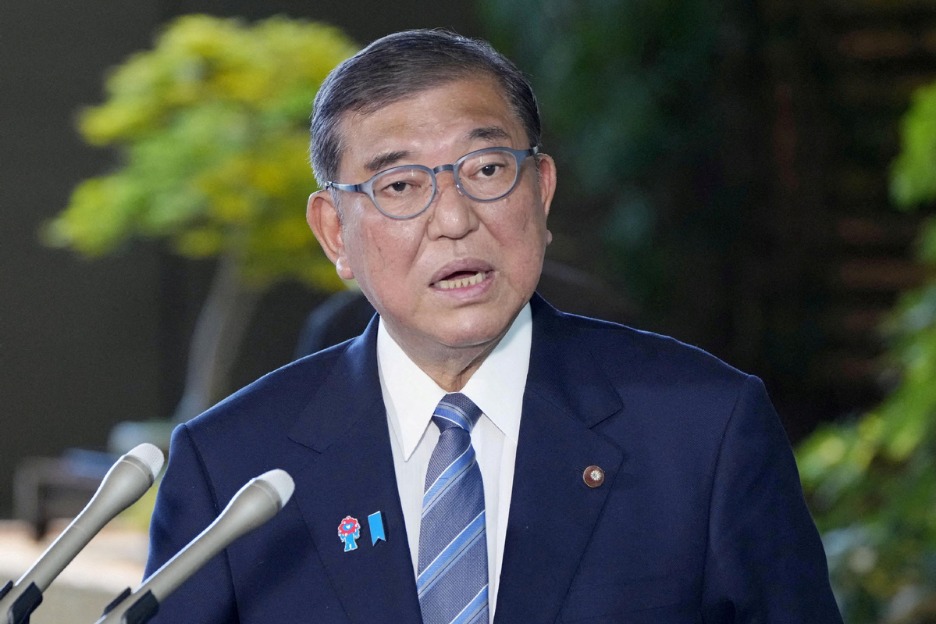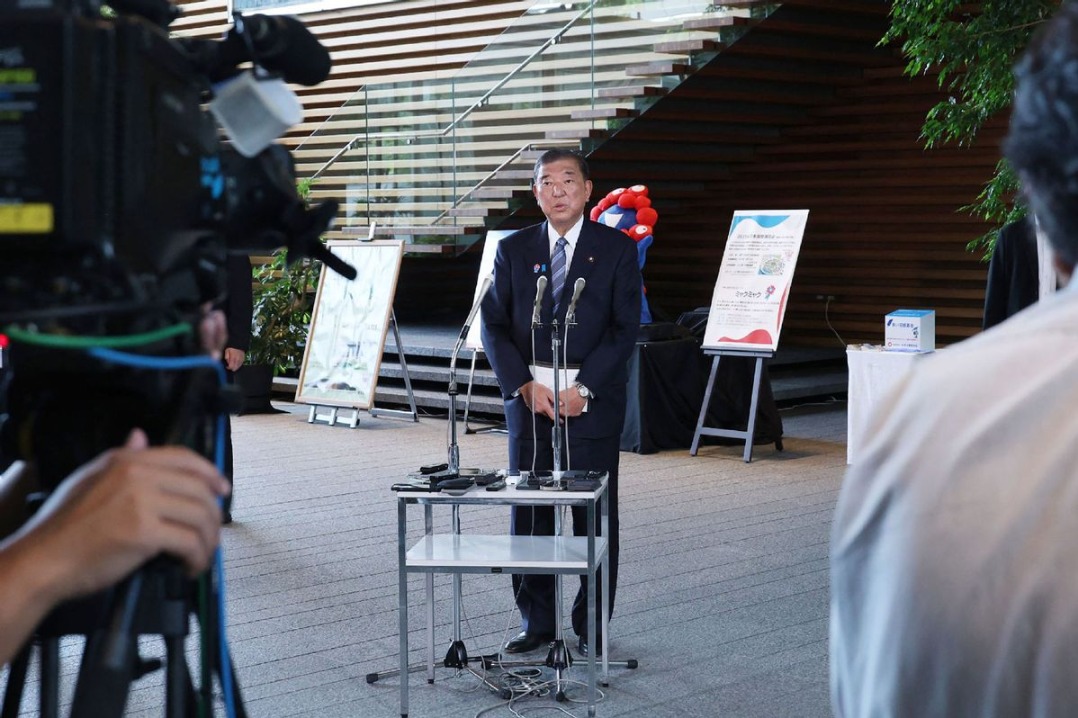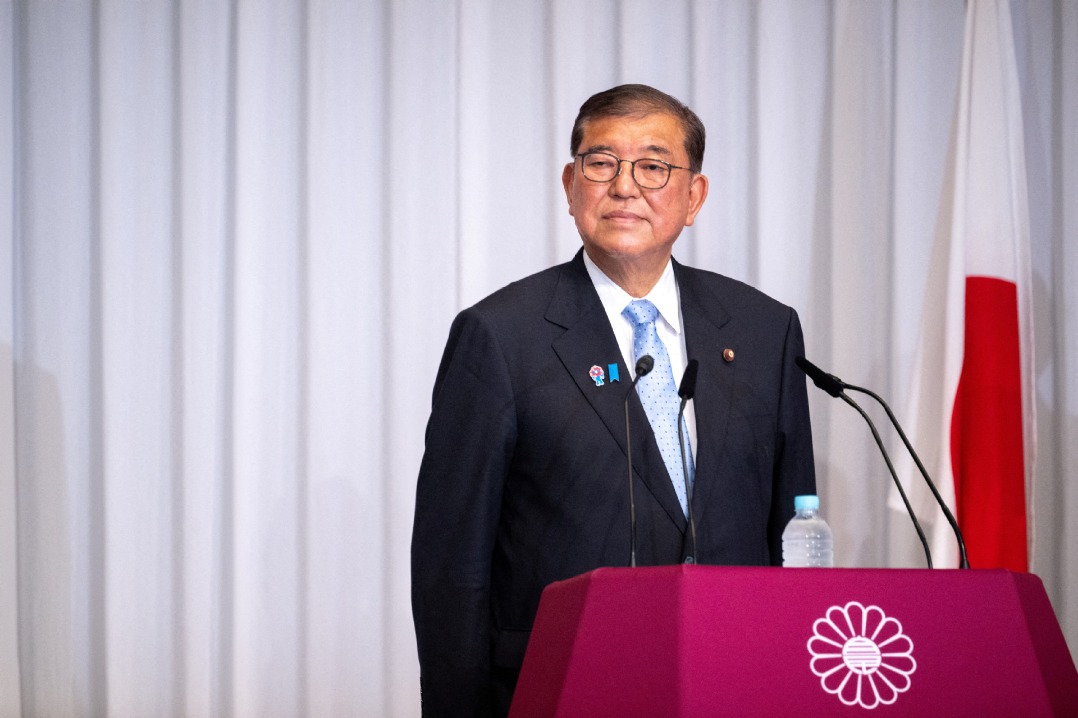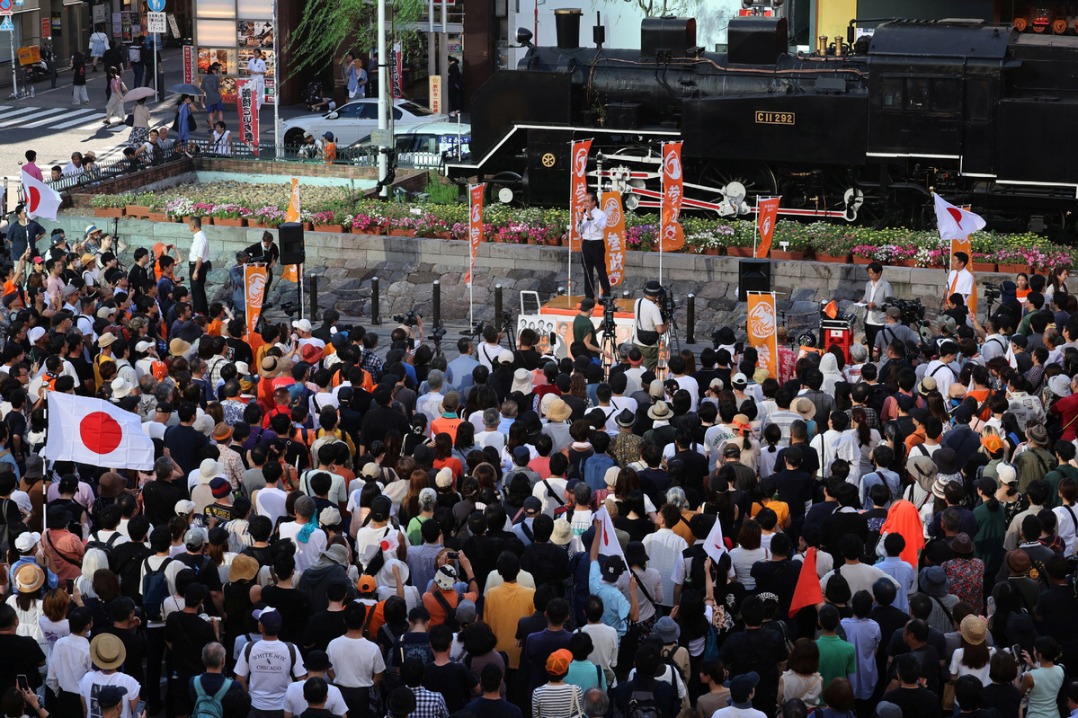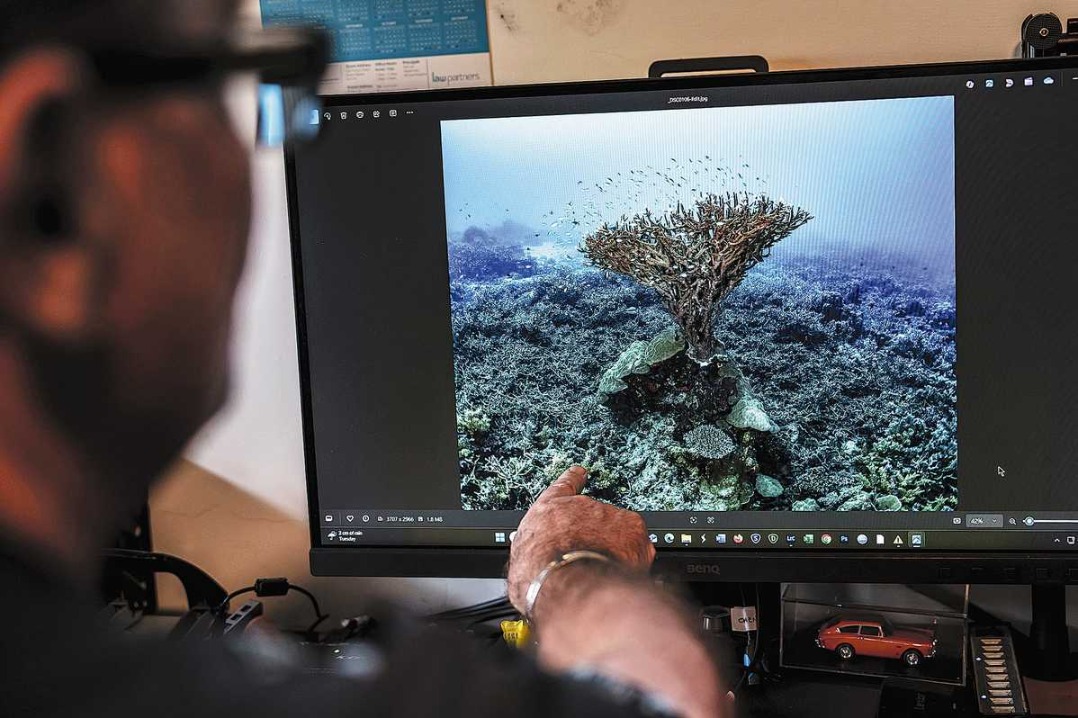Protests continue in central, southern Iraq over lack of jobs, basic service

The protests continued for the ninth day despite a series of measures taken by the Iraqi Prime Minister Haider al-Abadi aimed at quelling the street anger.
The measures included allocating 3.5 trillion Iraqi dinars (3 billion US dollars) to carry out several major projects for public services, such as electricity and water facilities, in addition to providing thousands of jobs in the government institutions.
Meanwhile, Abadi, as the Commander-in-Chief of the Iraqi forces, issued an order of high alert for the security forces in the central and southern provinces in response to the protests.
On Saturday, Iraq's National Security Council warned that the ongoing demonstrations could be misled to sabotage of institutions and destabilization of state security.
The protests turned violent on Thursday at the entrance of the West Qurna-2 oil field as some protesters shoved the armed guards. A guard opened fire, wounding two protesters.
On July 8, a protester was killed and three others wounded when local police opened fire at a crowd of demonstrators in West Qurna-2, some 80 km north of Basra.
According to the state-run Iraqiya channel, four demonstrators have been killed and about 140 others wounded since the start of protests in southern Iraq until Sunday, citing reports from the Iraqi Health Ministry.
The demonstrators accused the influential parties of being behind the wide-spread corruption that led to high rates of unemployment and failure in rehabilitation of the country's electricity, water and other basic services.
- Hero Hogg highlights China's overlooked wartime story
- Female Japanese ex-SDF member sues govt, abusers for sexual assaults
- France charges Telegram CEO Durov: prosecutor
- Air India completes fuel control switch inspections, reports no faults
- Black people flee US in disgust with racism

















